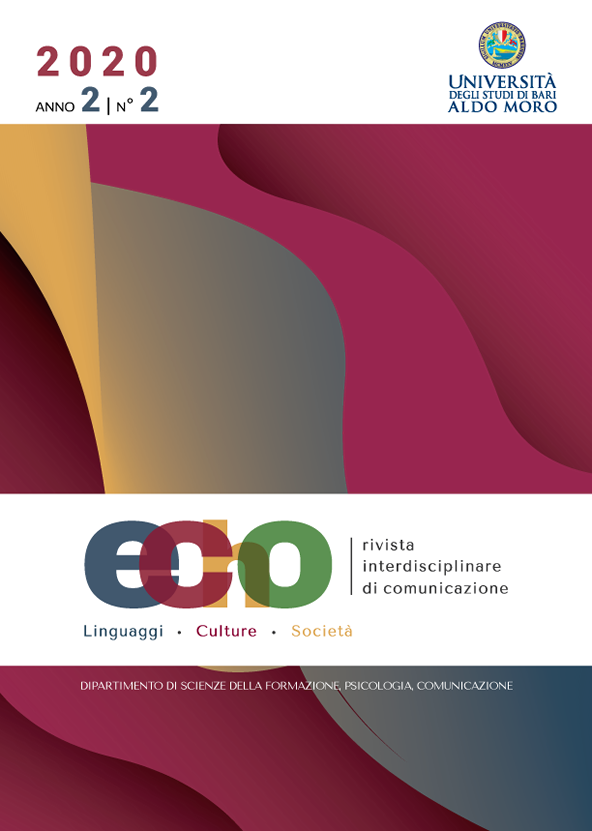“Altre” Asie e periferie il caso Uiguro: epistemicidio, islamofobia e ingiustizia sociale
DOI:
https://doi.org/10.15162/2704-8659/1208Parole chiave:
Coloniality, Xinjiang, Uyghurs, Epistemologies of the South, Exile, Colonialità, Uiguri, Epistemologie del Sud, EsilioAbstract
A new challenge emerged at the beginning of the 21st century: how to welcome cultural diversity in the context of new intercultural processes and the international order. To pursue this goal, it is essential to retrace the development of the historical creation of social, religious and cultural identities. The perception of specific identities, especially religious ones, as security risks (in particular, the global threat of terrorism) is just one of the challenges this project faces. Such perceptions create insecurity in contemporary societies. Moreover, a critical analysis of the identity construction process can undermine the often drawn equation between religion and risk.
The interdisciplinary project proposed here addresses issues of growing historical importance in the present day: starting from an analysis of the structure, the living conditions and the religious practices of the Uyghur community, their symbiotic-conflictual relationship with the Han Chinese dominant national group will be taken into consideration, as well as internal or external processes against Chinese State-imposed cultural and educational models.
Islam is the element that the Chinese Nation-State exploits to legitimize restrictive and violent policies against the Uyghur people: while it publicly pursues "modernizing" and "war on terror" objectives in the Xinjiang Uyghur Autonomous Region, the ultimate goal is that of maintaining control over the territory and its natural resources.
In a frame of decolonial studies, we intend to highlight the coloniality of the People's Republic of China: we also intend to evaluate how identities have historically been built in a territory that must face constant social and environmental pressure in the context of global geopolitics, a scenario that generates a Han-Uyghur/Chinese-Uyghur identity conflict. These local and regional socio-political tensions, in the last third of the 20th century, forced or encouraged Uyghur emigration from their region and from China, leading to the birth of exiled communities.








